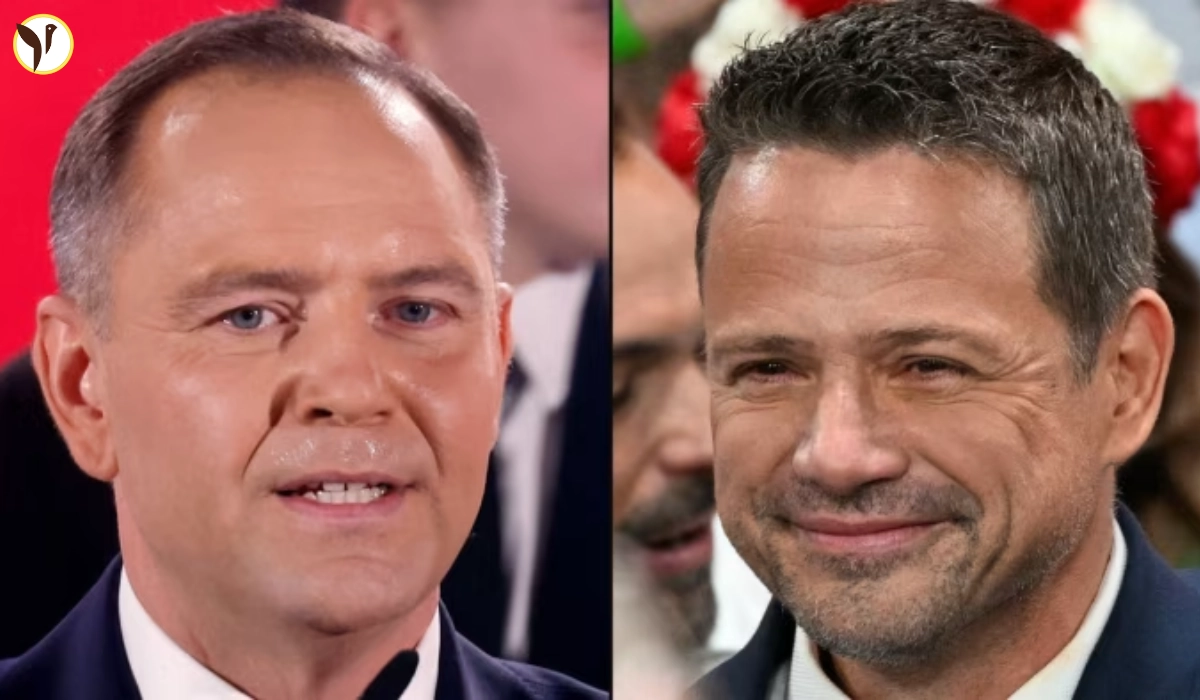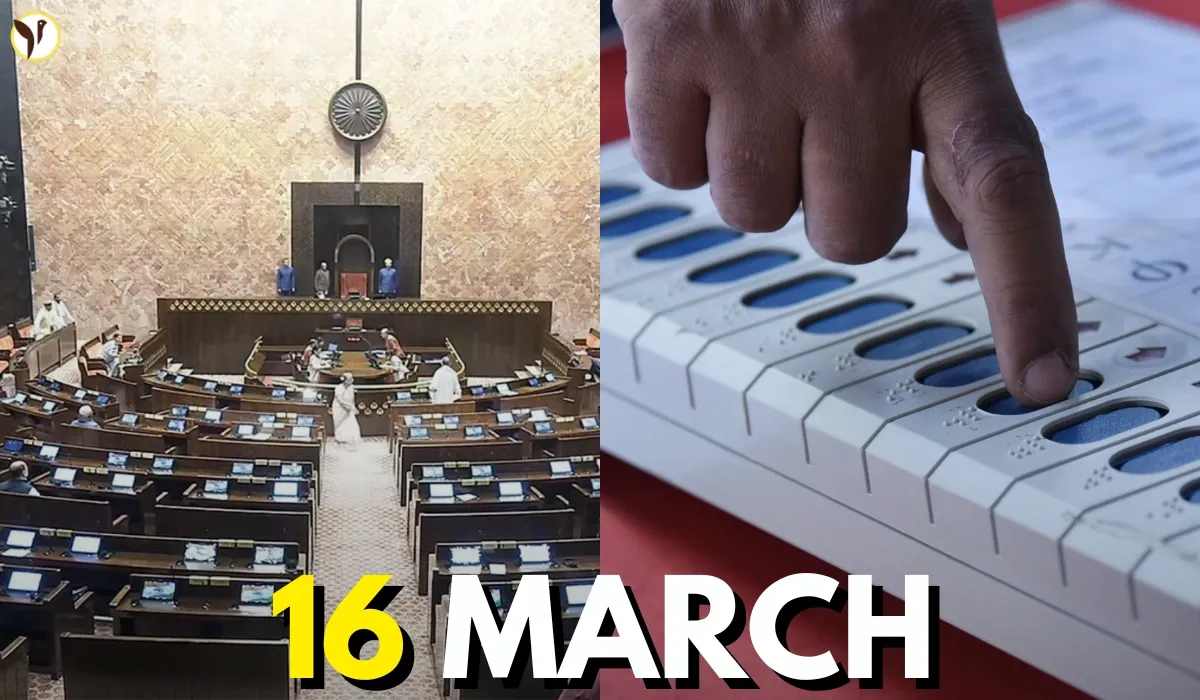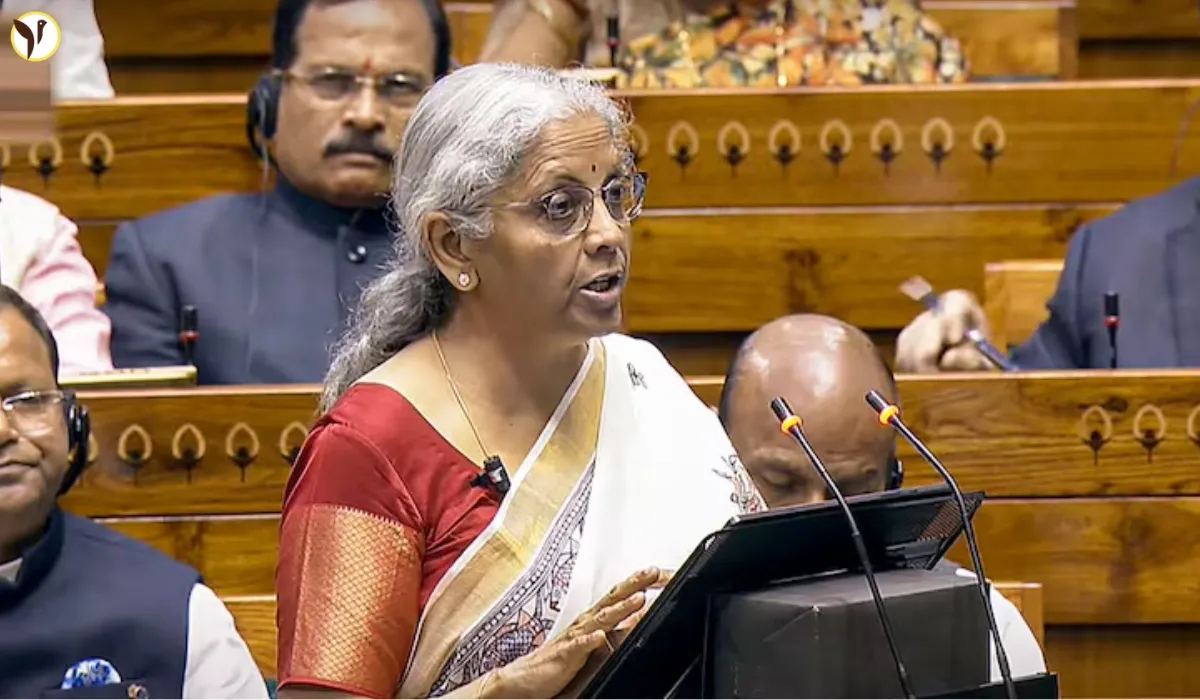Poland's Presidential Election: A Stunning Upset
Honestly, I wasn't expecting this. The Polish presidential election just ended, and the results are shaking things up. Karol Nawrocki, a nationalist candidate backed by the Law and Justice (PiS) party, has won, beating the liberal Warsaw mayor Rafal Trzaskowski by a surprisingly narrow margin: 50.89% to 49.11%. It was a real nail-biter, and the final results were a complete turnaround from the initial exit polls.
A Night of Twists and Turns
The exit polls initially predicted a Trzaskowski victory, leading him to prematurely declare victory to cheering supporters. Imagine the scene – the celebrations, the confidence…then, bam! The official results came in, painting a completely different picture. Nawrocki, who’d remained cautiously optimistic throughout the night, emerged the winner. It was a dramatic shift, leaving everyone, including myself, pretty stunned.
The final count showed a difference of almost 370,000 votes – a razor-thin margin in a country where the political landscape is already fiercely divided. Turnout was a record-breaking 71.31%, suggesting a deep engagement from Polish citizens despite the already polarized political climate.
- Key takeaway 1: The initial exit poll predictions were wildly off, highlighting the challenges in accurately predicting election outcomes, especially in such a closely contested race.
- Key takeaway 2: The high voter turnout underlines the significance of this election and the strong feelings it evoked among the electorate.
What Does This Mean for Poland?
This victory is a major win for the nationalist forces in Poland. Nawrocki, a eurosceptic historian, campaigned on a platform prioritizing Polish interests above all others, including Ukrainian refugees. This stance, along with his opposition to liberalizing abortion laws and reforming the judiciary, resonates strongly with a segment of the Polish population.
His win throws a significant wrench into the plans of Prime Minister Donald Tusk and his Civic Coalition government. The president, though largely ceremonial, holds veto power over legislation. With the president now firmly in the camp of the opposition PiS party, Tusk's government faces significant hurdles in enacting their agenda, especially on issues like social reforms or further EU integration. This could mean a significant slow-down or even complete halt to key reforms for years to come.
Internationally, Hungarian Foreign Minister Peter Szijjarto celebrated Nawrocki's victory as a “fresh victory for (European) patriots,” signaling how this election is being viewed as a broader ideological clash within Europe between nationalist and liberal forces. It has definitely made waves beyond Poland’s borders.
Looking Ahead
The next few years in Poland are going to be very interesting. We're likely to see increased tension between the government and the president, a potential intensification of the ongoing debate about Poland's role within the European Union, and probably, continued strong opinions and discussions across the political spectrum.
The election results are a clear indication of the deep divisions within Polish society. It remains to be seen how Nawrocki will navigate these divides, and whether he can unite the country under his leadership. One thing is certain: Poland's political landscape has just undergone a dramatic shift.









